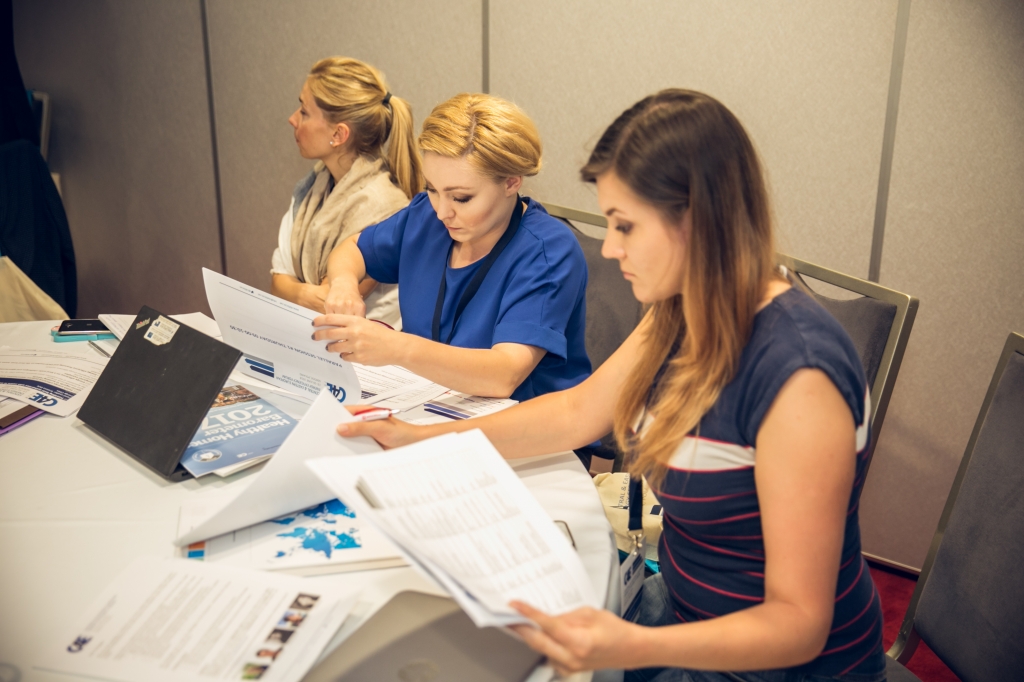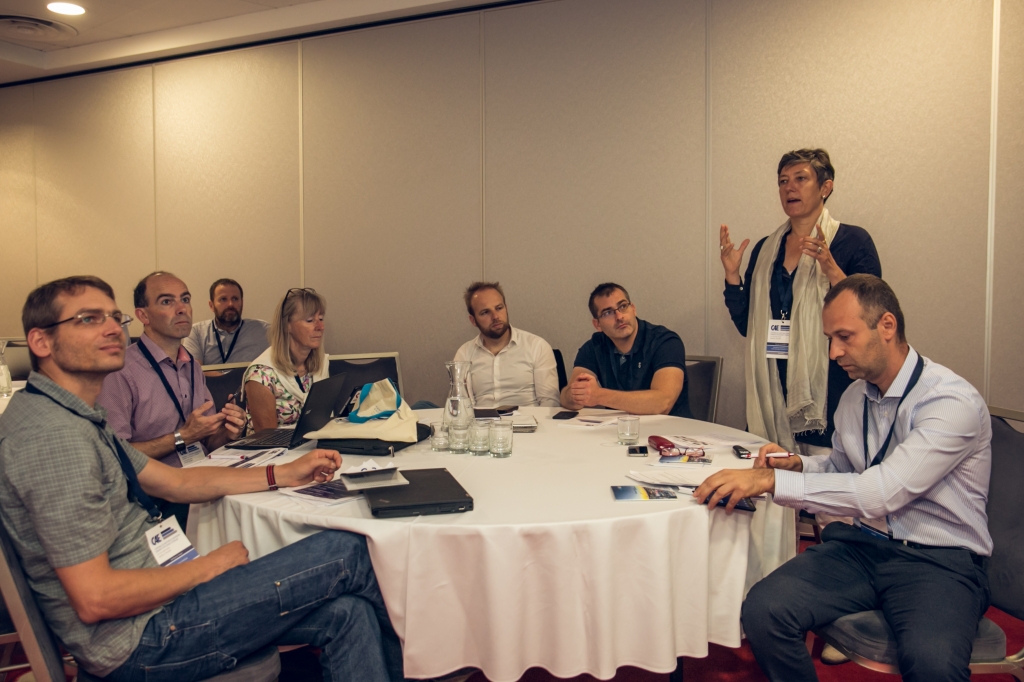Panel Sessions 2020
We are in the process of restructurising the Panel Sessions and will keep you informed on the results.
Why are Panel Sessions so important?
Parallel Panel sessions are where most of the “magic” happens and they are among the most popular parts of the programme. One of the many things that make C4E Forum special is interaction among participants. The whole morning on both Thursday and Friday will be dedicated to Panel sessions in which participants will have an opportunity to share their experience, discuss issues and look for inspiration for their everyday work.
We insist strongly on short presentations (12 min; 3 presentations per session) and reserving at least half of the 90 min session for engagement with audience and break-out work moderated by an experienced Panel Leader (who is also earlier engaged in preparation of the session with the Presenters by providing comments to their outlines etc.).
Who can present?
Anyone who has relevant and interesting topics to share at the conference. We encourage all participants to submit presentation outlines about interesting developments in energy efficiency policy in their countries in the CEE region.
Is there a cost involved?
All presenters have to register as participants. The registration fee structure is outlined here.
How to submit a presentation outline?
Please send us the filled-in presentation outline form (for downloading here) as an attachement to an email to info@c4eforum.net (with the title of the message "Presentation outline + NAME").
Below is a tentative list of topics that we believe might be interesting. However, if you would like to present on specific topic that you consider relevant but it is not on the list, please add this topic to the table in the outline form.
- Capacity building (e.g. qualification/training) and awareness rising
- Financing renovation of building stock (e.g. renovation programmes, ETS revenues)
- Innovation in the building sector (e.g. smart buildings)
- Implementation of EU policies (e.g. nZEB)
- Leadership at local level/Governments leading by example
- Alleviating energy poverty through building renovation and ensuring a just energy transition
- Long Term Renovation Strategies
- Healthy and comfortable buildings
- Circular economy
- From nZEB buildings to nZEB Communities/Districts
- Role of buildings in the energy system

